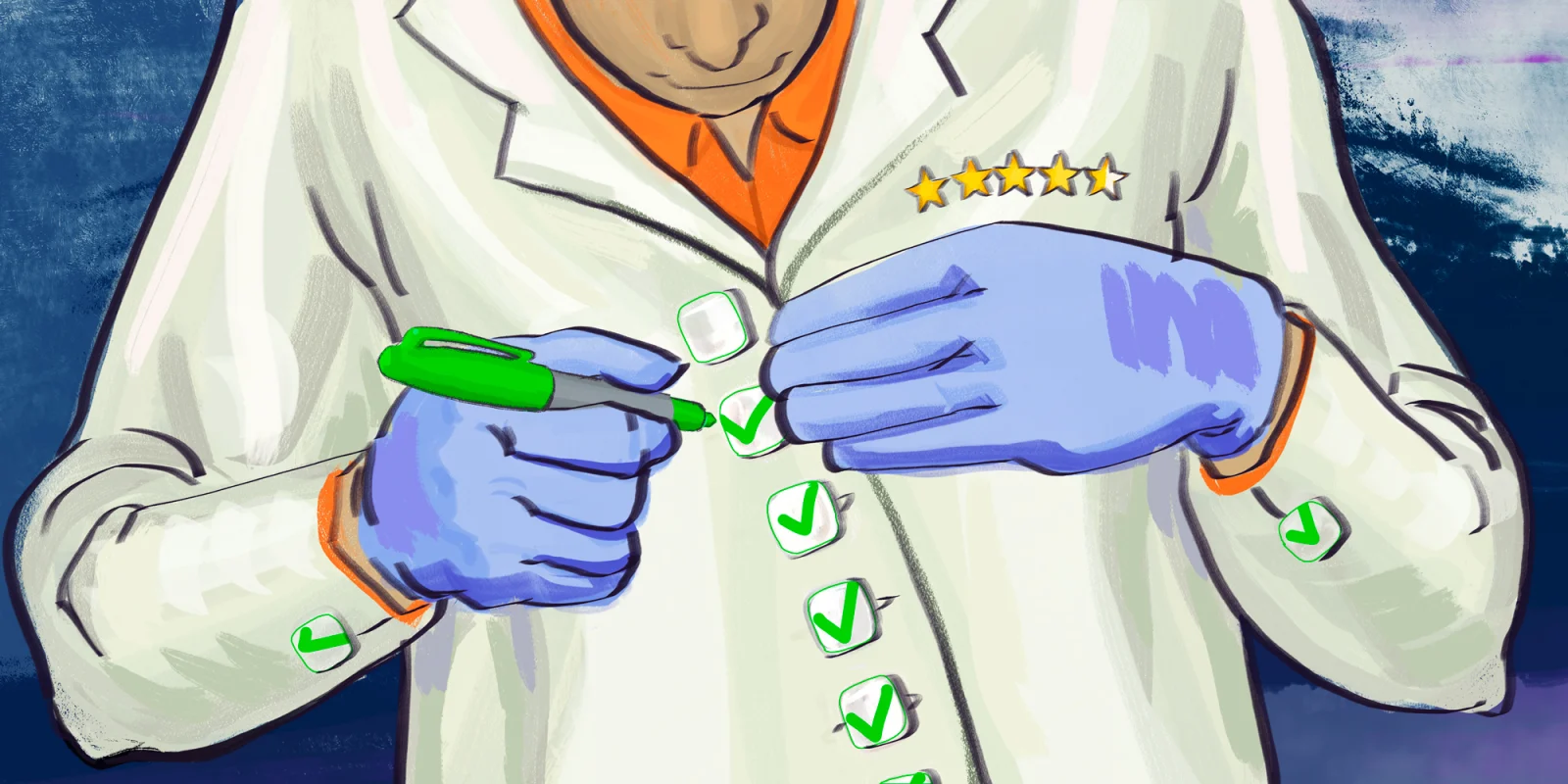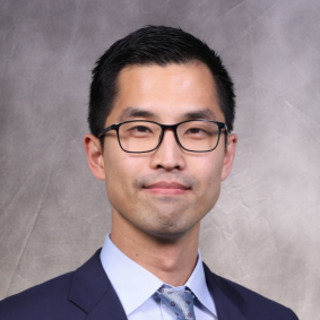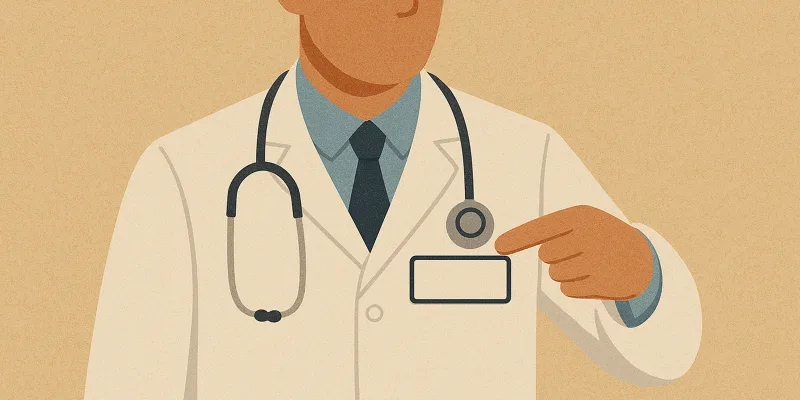One evening in the cardiac surgical ICU, the nurse rushed down the hallway looking for the resident on call.
“Can you come take a look at them? My patient is currently unstable.”
She was right. When I arrived at the bedside, the monitors were flashing as the patient’s oxygen level was dropping precipitously. They were already on the ventilator.
“Can you please increase the amount of support they are receiving from the vent?”
This was one of the few scenarios in medicine where I felt certain about the answer. The patient had a hard time breathing, so they needed more support (i.e., more pressure generated by the ventilator). We had ruled out all of the other possible causes with other imaging modalities. The overnight attending agreed.
However, to my dismay, despite continuing down this path, the oxygen level only continued to drop overnight. The more I increased the vent support, the more hypoxic they became. By the morning, we were at the maximal level of what the vent could do for the patient, and still had no answers.
When the morning came, we shared this story with the day team, who was just as surprised to learn that what we did for them had not helped.
That’s when one of the other attendings who just happened to be walking by chimed in.
Without knowing much of the background, he asked, “What if their lungs need less support, not more? It’s counterintuitive, but this may help their body better regulate itself.”
With some degree of hesitation, we decided to give it a shot.
He turned out to be right. When we rapidly de-escalated the vent settings, the patient who had been so critically ill all evening, who had kept me by their bedside for hours, miraculously recovered in the matter of minutes.
As a trainee, I yearn to feel certain about my decisions — to know that I am unequivocally doing good for my patients. Each day I am called to address situations that are beyond my level of skill and I wish I could walk into the room and know the right answer without any hesitation.
After all, an aura of certainty engenders trust in your abilities. Patients and providers at work alike are drawn to those who generate this aura, to those who say phrases such as, “Yes, I am sure that this is what the patient needs.”
However, in treating this patient, I realized that it is not the lack of certainty, but rather the illusion of certainty, that can be just as problematic. Feeling certain can sometimes hide our own errors and gaps in knowledge and impair our ability to see the truth. Feeling certain can lead to hasty decisions or actions.
In this case, because we had all bought into a certain theory and anchored onto it, we had all neglected to consider alternate possibilities. The attending who solved this case, on the other hand, was able to do so because he was meeting the patient for the very first time without any presupposition.
Uncertainty is one of the few certainties in practicing medicine. We will never know everything or get everything right. These situations may make us feel uncomfortable or incompetent. In these moments, we may be tempted to convince ourselves that we are certain about the answer, that our skills have become foolproof.
Yet, in these moments, we have to remember that we must temper certainty with humility, that we may still be wrong no matter how competent or confident we feel. Instead, we must be wise enough to question our own assumptions when necessary and alter the course appropriately.
Each day, I am called upon to make decisions where the answer is not certain. A part of me wants to project certainty. But a better part of me wants to grow competent instead, even if it means being vulnerable for the time being.
Do you think it's better to project certainty for patients, or reveal when you aren't sure? How do you balance being uncertain about diagnoses and wanting to be confident for patients? Share your experiences in the comments.
Jason Han, MD is a thoracic surgeon and a 2018–2019 Doximity Author. He tweets at @JasonHanMD.
Illustration by Jennifer Bogartz







